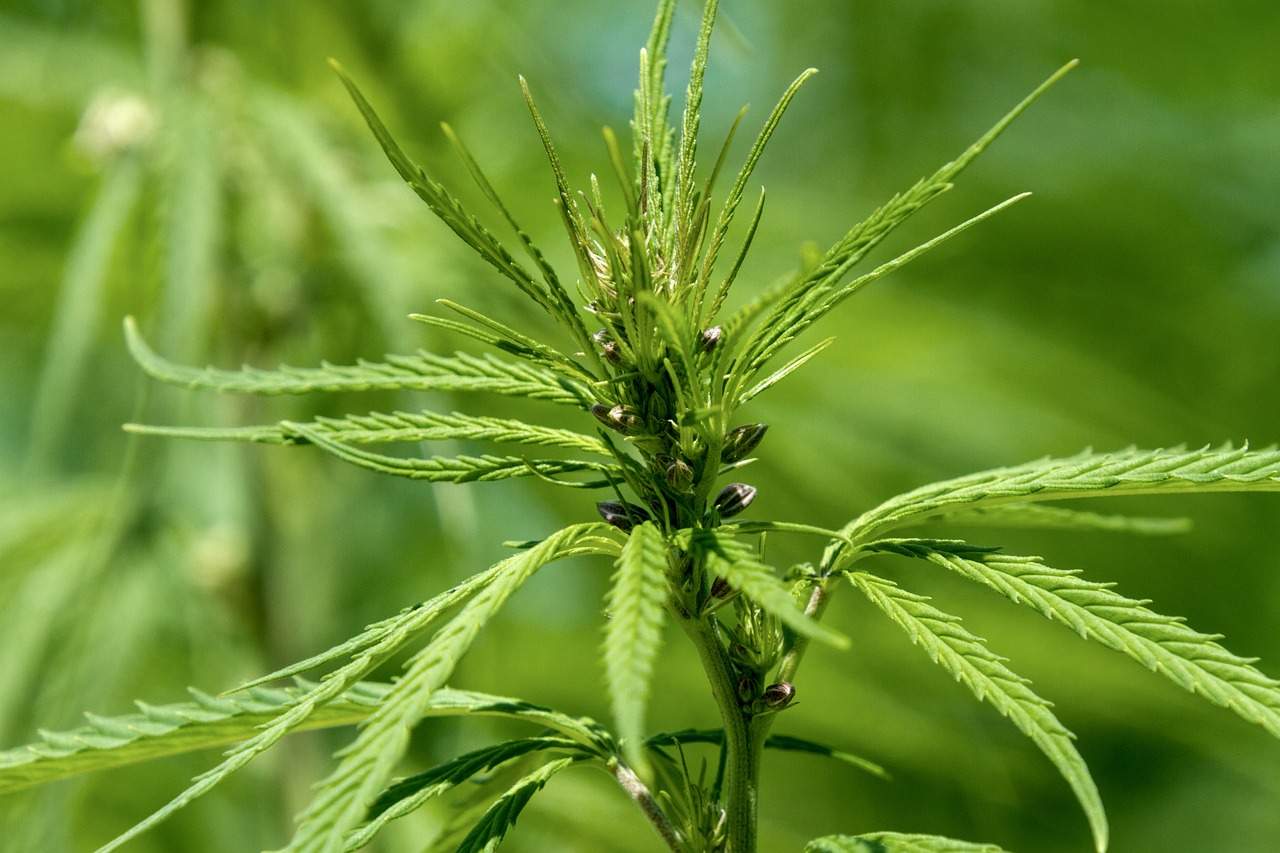
In recent years, the interest in cannabis and its derivatives has surged, with many seeking natural alternatives for health and wellness. Among the various compounds found in cannabis, THCA (tetrahydrocannabinolic acid) has gained attention for its potential health benefits, particularly in supporting the immune system. This article explores the properties of THCA flower safety guidelines and its role in enhancing immune function.
Understanding THCA
THCA is a non-psychoactive cannabinoid found in raw and live cannabis plants. Unlike THC, which is known for its psychoactive effects, THCA does not produce a “high.” This makes it an appealing option for those looking to benefit from cannabis without the mind-altering effects.
THCA is the precursor to THC. When cannabis is heated through smoking, vaping, or cooking, THCA undergoes decarboxylation, converting into THC. Consuming raw cannabis or using low-heat methods allows individuals to access THCA’s benefits without converting it to THC.
Potential Health Benefits of THCA
- Anti-inflammatory Properties: THCA has been studied for its anti-inflammatory effects, which can be beneficial in managing conditions like arthritis and other inflammatory diseases.
- Neuroprotective Effects: Research suggests that THCA may have neuroprotective properties, potentially aiding in the prevention of neurodegenerative diseases.
- Antiemetic Benefits: THCA may help reduce nausea and vomiting, making it useful for individuals undergoing chemotherapy or those with chronic gastrointestinal issues.
THCA and Immune Support
The immune system is a complex network of cells and proteins that defends the body against infection. Maintaining a robust immune system is crucial for overall health and well-being. THCA’s potential to support immune function is an area of growing interest among researchers and health enthusiasts.
How THCA Supports the Immune System
THCA may enhance immune function through several mechanisms:
- Modulating Inflammation: Chronic inflammation can weaken the immune system. By reducing inflammation, THCA may help maintain a balanced immune response.
- Antioxidant Properties: THCA acts as an antioxidant, protecting cells from damage caused by free radicals. This protection can support the immune system’s ability to function effectively.
- Endocannabinoid System Interaction: THCA interacts with the endocannabinoid system, which plays a role in regulating immune responses. This interaction may help modulate immune activity and promote homeostasis.
Case Studies and Research
While research on THCA is still in its early stages, several studies highlight its potential benefits for immune support:
- A study published in the Journal of Natural Products found that THCA exhibited significant anti-inflammatory activity, suggesting its potential in managing immune-related conditions.
- Research in the British Journal of Pharmacology indicated that THCA might have neuroprotective effects, which could indirectly support immune health by protecting the nervous system.
- Preclinical studies have shown that THCA can modulate immune responses, although more research is needed to fully understand its mechanisms and efficacy in humans.
Incorporating THCA Flower into Your Routine
For those interested in exploring the benefits of THCA, incorporating THCA-rich flower into a daily routine can be a practical approach. Here are some ways to do so:
- Juicing Raw Cannabis: Juicing raw cannabis leaves and flowers is a popular method to consume THCA without converting it to THC. This method preserves the cannabinoid’s natural properties.
- Low-Heat Infusions: Creating infusions with low heat can help retain THCA content. These infusions can be used in teas, smoothies, or other beverages.
- Topical Applications: THCA-infused topicals can be applied directly to the skin, providing localized benefits without psychoactive effects.
Considerations for Use
When incorporating THCA flower into your wellness routine, consider the following:
- Source Quality: Choose high-quality, organically grown cannabis to ensure the purity and potency of THCA.
- Consultation with Healthcare Providers: Discuss with healthcare professionals, especially if you have underlying health conditions or are taking medications.
- Dosage and Tolerance: Start with a low dosage and gradually increase to find the optimal amount that works for you.
Conclusion
THCA flower presents a promising avenue for those seeking natural support for their immune system. With its anti-inflammatory, antioxidant, and neuroprotective properties, THCA offers potential benefits without the psychoactive effects associated with THC. As research continues to unfold, THCA may become a valuable component of holistic health practices. By understanding its properties and incorporating it mindfully, individuals can explore the potential of THCA for enhancing immune function and overall well-being.
